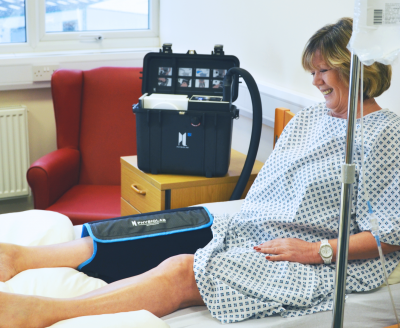 Recovery from knee replacement surgery can be delayed by pain and swelling caused by the operation. Encouraging range of movement and mobilisation as soon as possible after surgery is part of the ‘Enhanced Recovery after Surgery’ pathway at Cheltenham General Hospital.
Recovery from knee replacement surgery can be delayed by pain and swelling caused by the operation. Encouraging range of movement and mobilisation as soon as possible after surgery is part of the ‘Enhanced Recovery after Surgery’ pathway at Cheltenham General Hospital.
Thanks to a grant from the Gloucestershire Arthritis Trust (GAT), and in partnership with PhysioLab Technologies who have designed an innovative cryotherapy system, Orthopaedic Surgeon Peter Kempshall will undertake a pilot study of 200 knee replacement patients to undergo cryotherapy postoperatively, starting in July.…
Read more of this article

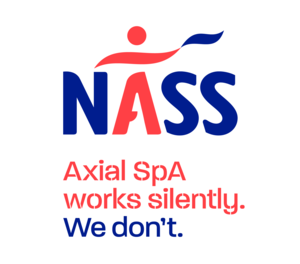

 A new national trial is recruiting people with rare autoimmune diseases to measure their COVID-19 antibody response following at least 3 vaccinations.
A new national trial is recruiting people with rare autoimmune diseases to measure their COVID-19 antibody response following at least 3 vaccinations.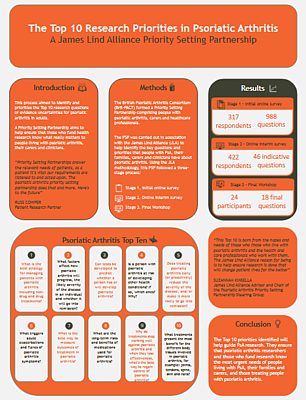 Final update on the James Lind Alliance Psoriatic Arthritis Priority Setting Partnership
Final update on the James Lind Alliance Psoriatic Arthritis Priority Setting Partnership Psychosocial risks and work-related musculoskeletal disorders: exploring the links and prevention strategies
Psychosocial risks and work-related musculoskeletal disorders: exploring the links and prevention strategies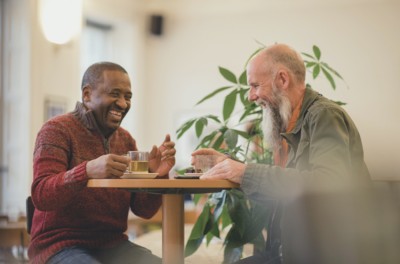
 The Nuffield Foundation, in partnership with Versus Arthritis, has announced £4 million for new research funding to improve the social and economic wellbeing of people living with musculoskeletal conditions in the UK. Applicants should develop interdisciplinary proposals that can help identify, develop and enhance non-clinical policy and practice interventions.
The Nuffield Foundation, in partnership with Versus Arthritis, has announced £4 million for new research funding to improve the social and economic wellbeing of people living with musculoskeletal conditions in the UK. Applicants should develop interdisciplinary proposals that can help identify, develop and enhance non-clinical policy and practice interventions.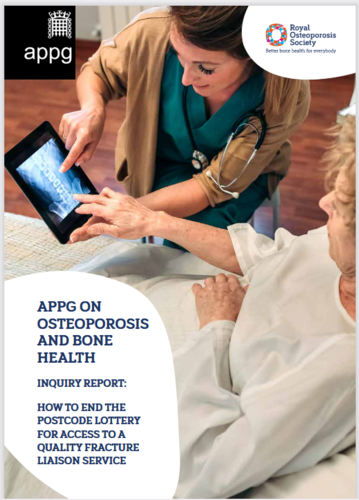 The All Party Parliamentary Group (APPG) for Osteoporosis and Bone Health published a report into the long-standing postcode lottery in the NHS for osteoporosis care. The report highlights the scale of under-diagnosis, under-treatment and missed opportunities in the NHS, with a blueprint for change. Implementation of the blueprint in England and Wales could save the NHS around £287m over five years – a return on investment of around 3:1 – according to the Royal Osteoporosis Society (ROS), which has supported the Inquiry.…
The All Party Parliamentary Group (APPG) for Osteoporosis and Bone Health published a report into the long-standing postcode lottery in the NHS for osteoporosis care. The report highlights the scale of under-diagnosis, under-treatment and missed opportunities in the NHS, with a blueprint for change. Implementation of the blueprint in England and Wales could save the NHS around £287m over five years – a return on investment of around 3:1 – according to the Royal Osteoporosis Society (ROS), which has supported the Inquiry.… 